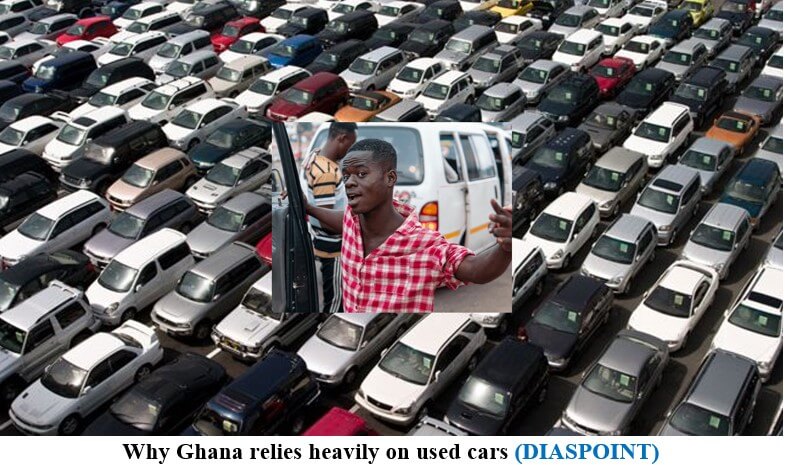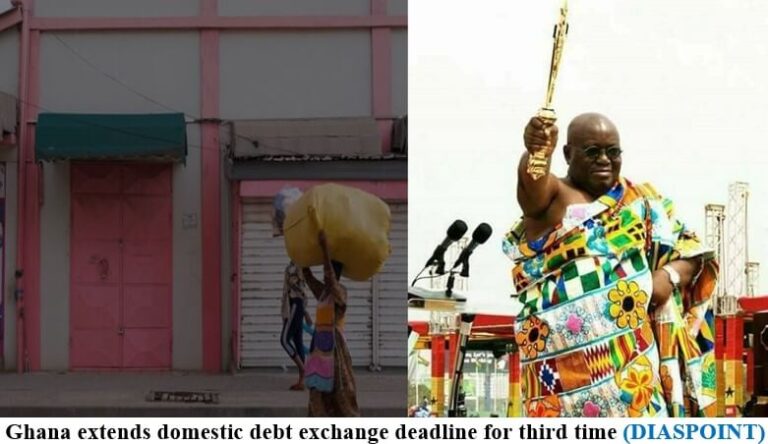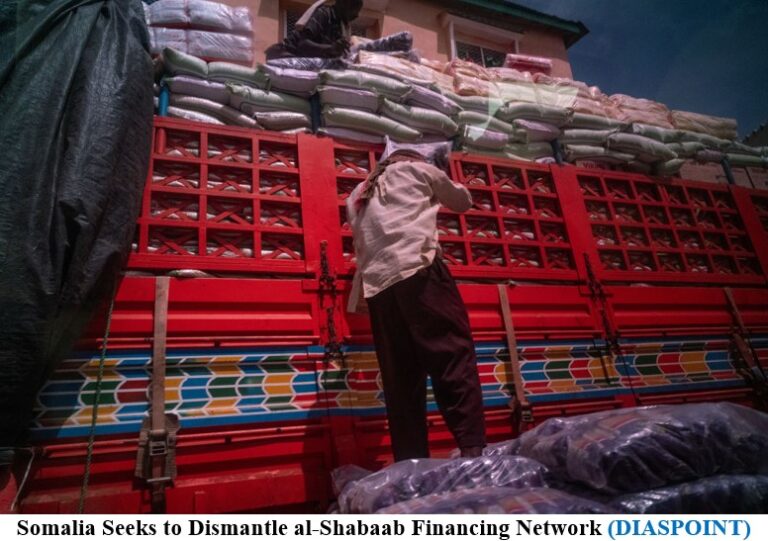Why Ghana relies heavily on used cars
The sale of electric cars is growing. Globally, some 2 million electric vehicles were sold in the first quarter of 2022 – 75% more than in the first three months of 2021. Most, though, are sold in high income countries.
As transport electrification takes hold in rich countries to reduce emissions that lead to climate change and air pollution, increasing numbers of internal combustion engine vehicles are likely to land in used vehicle markets.
Africa is already one of the main destinations for used vehicles. Between 2015 and 2018, the European Union, Japan, and the United States exported 14 million used vehicles worldwide. Forty percent of these went to African countries.
Used vehicles serve real needs in the continent by supporting mobility and generating livelihoods for millions of people, including mechanics, sprayers, and other garage operators. But they also contribute to its public health and environmental problems through crashes and pollution.
This is largely because the vehicles that are exported to African countries run mainly on fossil fuel and tend to be over-aged, highly polluting and prone to malfunctioning. Sometimes, modifications to these vehicles – such as the removal of catalytic converters to source precious metals – make them even more polluting.
Africa’s dependency on used vehicles is often attributed to low incomes and weak regulation. The cost of new vehicles and limited access to loans put new vehicles beyond the financial reach of the majority. Environmental and public health protection standards against used vehicle harms are weak and poorly enforced in many African countries. The cost of repairing old vehicles, too, is relatively low.
Together, these factors tend to elevate demand for used vehicles. And supply is ready because wealthy countries have stringent recycling policies. However, this is not the full picture.
Our recent paper explores Ghana’s dependence on used vehicles. We found that low incomes and poor regulation tell us only so much about it. This explanation also tends to limit the policy tools to bans and import restrictions. We argue that a more holistic view reveals more at play and opens up more policy options.
Used vehicles in Ghana
Ghana has revised some planning laws inherited from its colonial experience. Nevertheless, as with their counterparts in other African countries, the attitudes and practices of Ghanaian politicians and professionals around planning, transport and land use still reflect colonial frameworks and mentalities.
These practices continue to promote the spatial separation of work and other activities like shopping for food far from home. This compels or encourages people to travel more. Road construction gets priority over public transport provision. Roads have huge political value in Ghana. Voters love roads, and constructing them generates great opportunities for kickbacks and profiteering.







